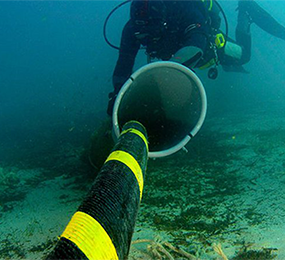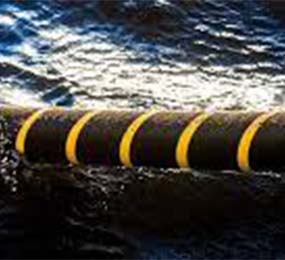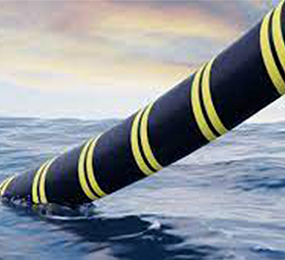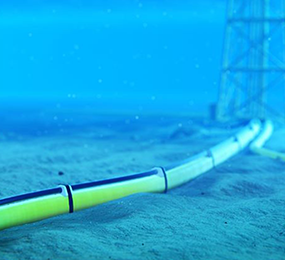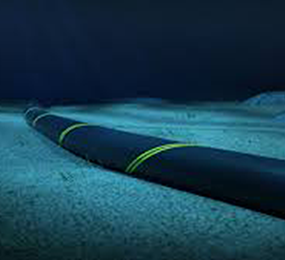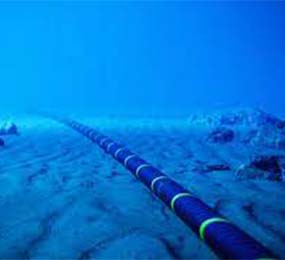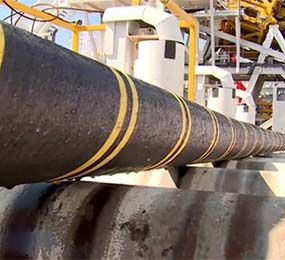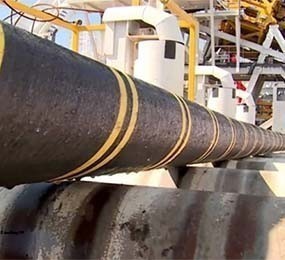World Sustainable Marine Fuels: Powering a Cleaner Maritime Future
The global shipping industry is the backbone of international trade. Every year, millions of tons of goods are transported across oceans—from food and clothing to electronics and machinery. But while ships keep the world connected, they also leave a heavy environmental footprint. Traditional marine fuels, such as heavy fuel oil, release large amounts of greenhouse gases and air pollutants. Today, there's growing urgency to clean up this vital industry—and sustainable marine fuels are at the center of that shift.
What Are Sustainable Marine Fuels?
Sustainable marine fuels are cleaner alternatives to fossil fuels used in ships. These include advanced biofuels made from waste materials, green methanol and ammonia created using renewable energy, and even hydrogen-based fuels. Unlike conventional fuels, these alternatives significantly reduce carbon emissions and other harmful pollutants, helping the industry move toward climate goals set by the International Maritime Organization (IMO).
For instance:
Biofuels can be made from used cooking oil or agricultural waste.
Green methanol is produced from renewable electricity and captured carbon dioxide.
Ammonia offers a fuel that emits no carbon when burned—though it must be handled carefully due to safety concerns.
Why It Matters
Shipping contributes nearly 3% of global CO? emissions. If no changes are made, that number is expected to grow. With climate change accelerating, governments and industries are now pushing for solutions that are both effective and scalable.
Sustainable marine fuels offer one of the most promising answers. Not only do they help reduce emissions, but they also support global climate agreements and regional policies such as the EU’s Green Deal and FuelEU Maritime.
Challenges on the Horizon
Despite the clear benefits, moving to sustainable marine fuels is not simple. The new fuels are still more expensive and harder to find than traditional ones. Ports around the world need to upgrade infrastructure to support alternative fuel types. Many ships must also be modified—or entirely rebuilt—to use them safely and efficiently.
Still, the progress is real. Major shipping companies are testing low-carbon fuels on commercial routes. Governments are offering subsidies, and research institutions are developing new ways to produce fuels more affordably and sustainably.
Conclusion
The journey to sustainable marine fuels has begun, and there’s no turning back. While challenges remain, collaboration among shipowners, fuel producers, governments, and ports is creating a real opportunity to transform one of the world’s most vital industries. By adopting cleaner fuels, the maritime sector can protect our oceans, improve air quality, and play a key role in fighting climate change—while continuing to connect the world through trade.
Learn more on our website: https://www.leadventgrp.com/events/world-sustainable-marine-fuels-forum/details
For more information and group participation, contact us: [email protected] .
Leadvent Group - Industry Leading Events for Business Leaders!
www.leadventgrp.com | [email protected]


